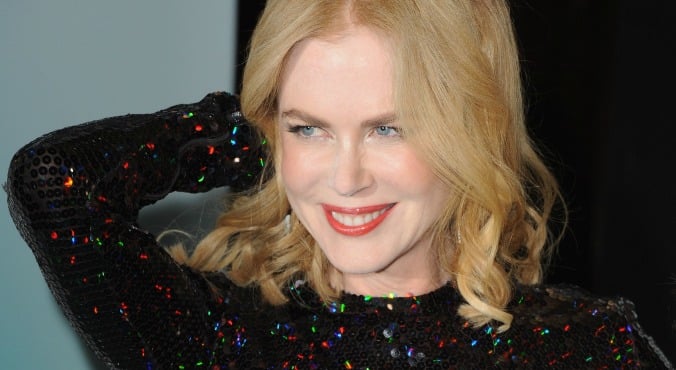
Image: Close enough. (via Starbucks Spelling).
When you’re the owner of a name that deviates even slightly from the norm, life becomes a little… complicated.
If it’s not being completely misspelled or mispronounced (“… it’s Kayla, right?”), your name becomes a conversational low-hanging fruit for every stranger you meet. Why did your parents call you that? Does it mean anything? Is that even a real name?
Life as a Matt or a Grace or a Sarah must be so simple. However, there is some happy news for the creatively-named among us (hi, Apple Martin!): it seems our parents’ left-field naming decisions come with one significant psychological benefit.
According to a recent article from Yahoo Parenting, uncommon names have the power to shape a child’s personality in positive ways.
“It’s a self-fulfilling prophecy that begins with an unusual name and ultimately leads to unconventional or creative thinking. When you think of yourself as different, you might in turn think and behave differently,” New York University psychology professor Adam Alter tells the website.
“If [people] treat you as though you’re different, whether because of your name or some other characteristic, in time you’ll come to feel that this difference is real. It’s possible that perceiving yourself as different might liberate you to behave and think differently from other people."
In other words, we're forced to live up to our names.


































































































